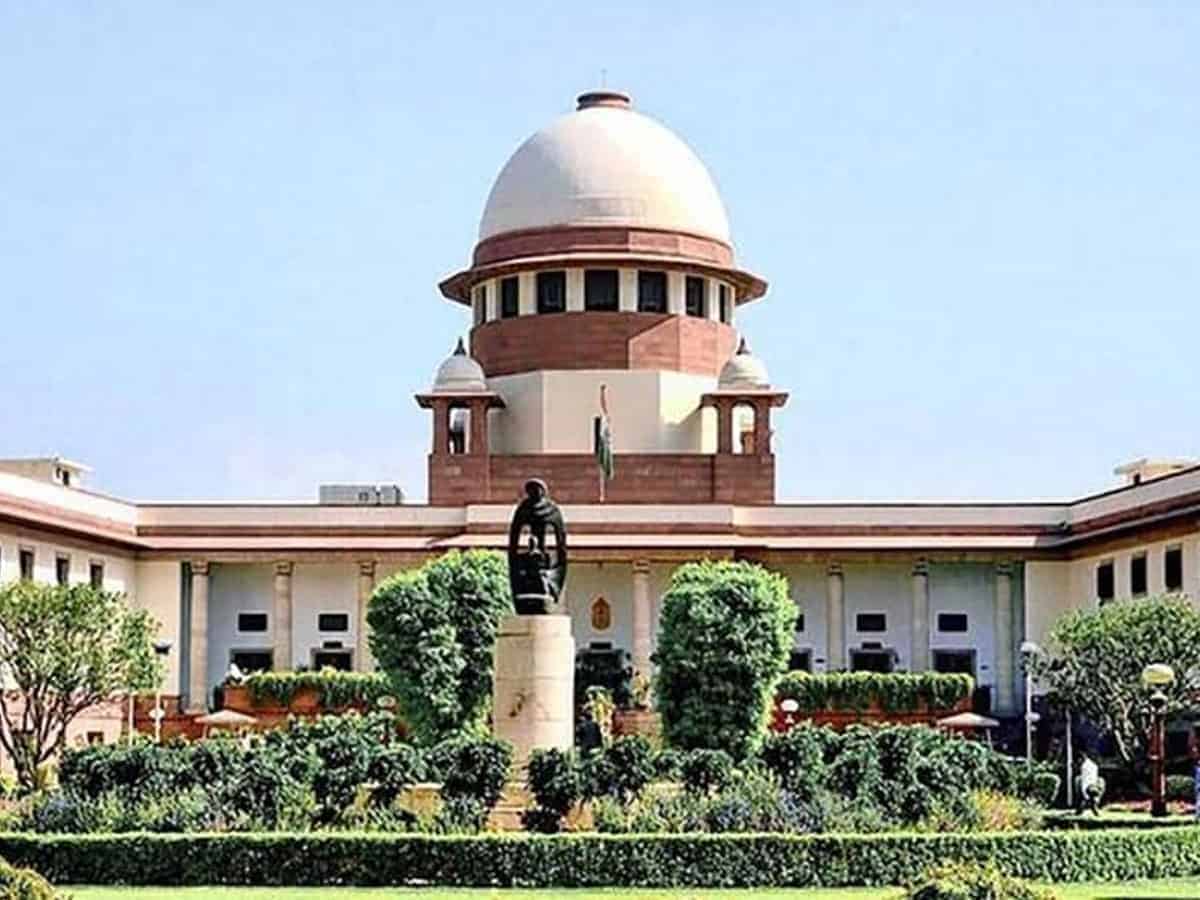
New Delhi: The Supreme Court is slated to hear on Friday a clutch of petitions against Patna High Court’s order dismissing pleas challenging caste-based survey in Bihar.
As per the cause list published on apex court’s website, a bench comprising Justices Sanjiv Khanna and S.V.N Bhatti will hear the matter.
On Monday, the top court had adjourned the hearing and directed that all similar special leave petitions be re-listed for August 18.
The Supreme Court refused to pass any interim order staying the survey process, though it was contended that the pleas will become infructuous after the state government issued a notification on August 1 to complete the remainder of the survey process within three days.
Notably, the caste-based survey in Bihar is almost complete and will soon be out in the public domain, said a government official on Thursday.
The top court also declined to entertain the prayer made from the petitioner’s side that the survey results may not be published by the state government till the matter is decided by the apex court.
The special leave petitions filed before the Supreme Court contended that only the Union of India has the authority to conduct Census in the country, and the state government has no authority to decide and notify the conduct of caste-based survey in Bihar.
In its decision passed on August 1, the Patna High Court, while dismissing the batch of pleas, had given green signal to the Nitish Kumar-led state government’s decision to conduct the survey. The Bihar government resumed the process on the same day following the high court verdict.
Earlier, the high court had ordered an interim stay on the survey which had started on January 7 this year and was scheduled to be completed on May 15.
“We find the action of the state to be perfectly valid, initiated with due competence, with the legitimate aim of providing ‘Development with Justice’,” said the high court later while dismissing the batch of pleas.



